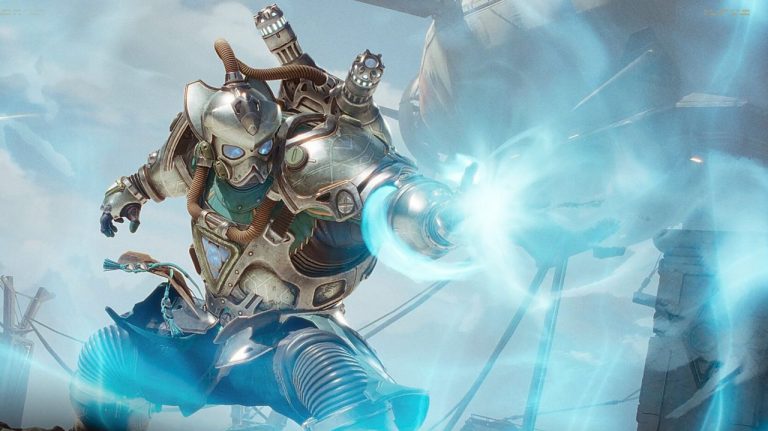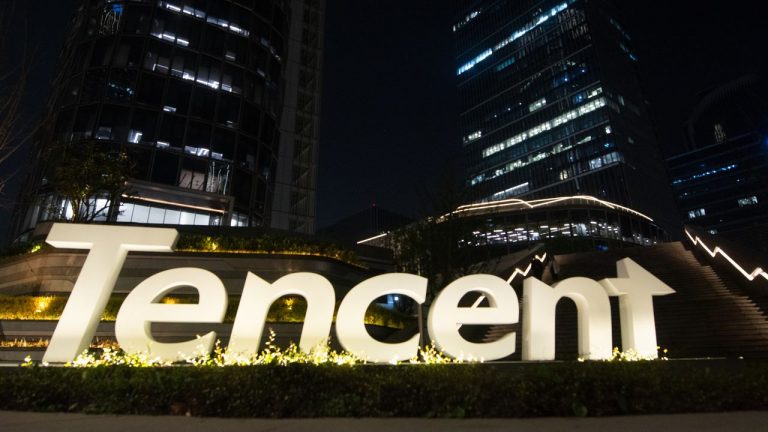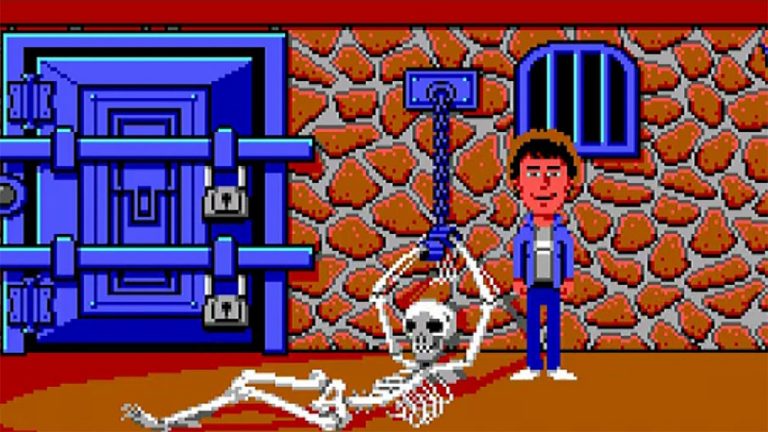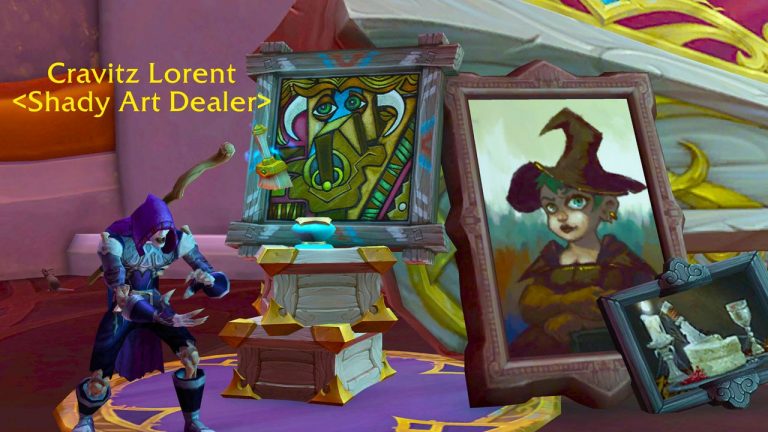Last week Nintendo filed a lawsuit against Switch emulator Yuzu, blaming the emulator for mass piracy of 2023’s The Legend of Zelda: Tears of the Kingdom and declaring “there is no lawful way to use Yuzu to play Nintendo Switch games.” The developers of Yuzu hired a lawyer, seemingly setting the suit up for the first legal showdown over emulation in more than 20 years. But today Yuzu and Nintendo filed a surprise joint motion to settle the suit, with the Yuzu developers agreeing to pay Nintendo “monetary relief in the sum of $2.4 million.”
As a result of the settlement, development of Yuzu will be shut down and cease distribution.
It’s a dramatic turn for a case that didn’t seem completely certain to go in Nintendo’s favor. Sony’s early 2000s lawsuits against emulators from Connectix and Bleem! both went in favor of the emulator developers, but advances in technology since then leave a big question mark about how a court would rule on circumventing the Switch’s encryption, something that is broadly forbidden by the Digital Millennium Copyright Act. Nintendo pointedly claimed that Yuzu is “primarily designed to circumvent technological measures,” a very specific bit of language that indicates the emulator runs afoul of the DMCA.
It’s possible a judge would rule that circumvention isn’t the primary purpose of the emulator, just a necessary act of reverse-engineering to, y’know, play videogames. A judgment like that would be a huge win for the legality of emulation of modern systems, while a judgment that went Nintendo’s way would threaten many other emulators. A loss could have been extremely expensive for the Yuzu developers—and even a win may have resulted in years of legal fees as the case made its way through the trial and appeal process. Apparently the emulator developers decided a quick settlement was a safer choice.
Today’s joint motion states that “Defendant and its members acknowledge and agree that the award of monetary relief here bears a reasonable relationship to the range of damages and attorneys’ fees and full costs that the parties could have anticipated would be awarded at and following a trial of this action.” As part of the settlement, the Yuzu developers waive any right to appeal the judgment and are bound by a permanent injunction that essentially marks the death of the emulator, at least in the current form. The permanent injunction prevents the developers from:
“Offering to the public, providing, marketing, advertising, promoting, selling, testing, hosting, cloning, distributing, or otherwise trafficking in Yuzu or any source code or features of Yuzu.” “Effecting assignments or transfers, forming new entities or associations, or using any other device for the purpose of circumventing or otherwise avoiding the prohibitions set forth [above]”
The injunction also requires the defendants cease to use the domain Yuzu-emu.org and transfer it to Nintendo’s control, and to carry out “the destruction by deletion of all circumvention devices, including all copies of Yuzu” and “all circumvention tools used for developing or using Yuzu” to the extent they can. Effectively, Yuzu is about to be wiped from the internet—at least officially.
Of course, any piece of software as widely used as Yuzu won’t be that easy to stamp out, and the source code is still available on Github as of this writing. It’s possible other developers not associated with the project will carry on Yuzu’s work under a new name, but it seems likely the $2.4 million settlement will have a chilling effect on any future development that’s likely to draw Nintendo’s ire.
The question now is whether Nintendo’s decisive win here will lead to lawsuits against other emulators, including Yuzu competitor Ryujinx. Because Nintendo and Yuzu settled before going to trial, the decision has no legal repercussions for how future court cases would rule on emulation and whether it violates the DMCA. But the settlement may set in motion a series of suits against other emulators that can’t bear the cost of a drawn-out legal fight with a billion-dollar company.












